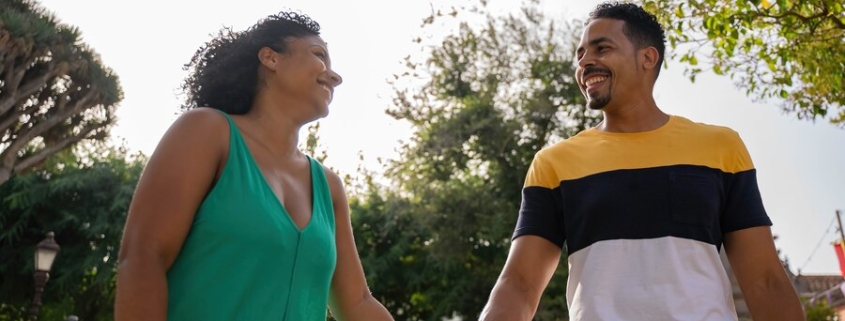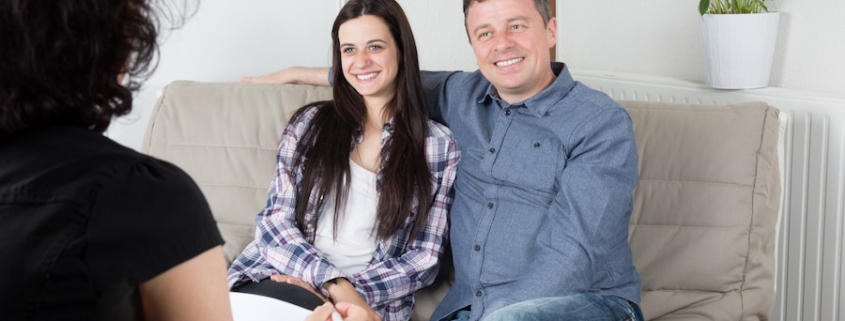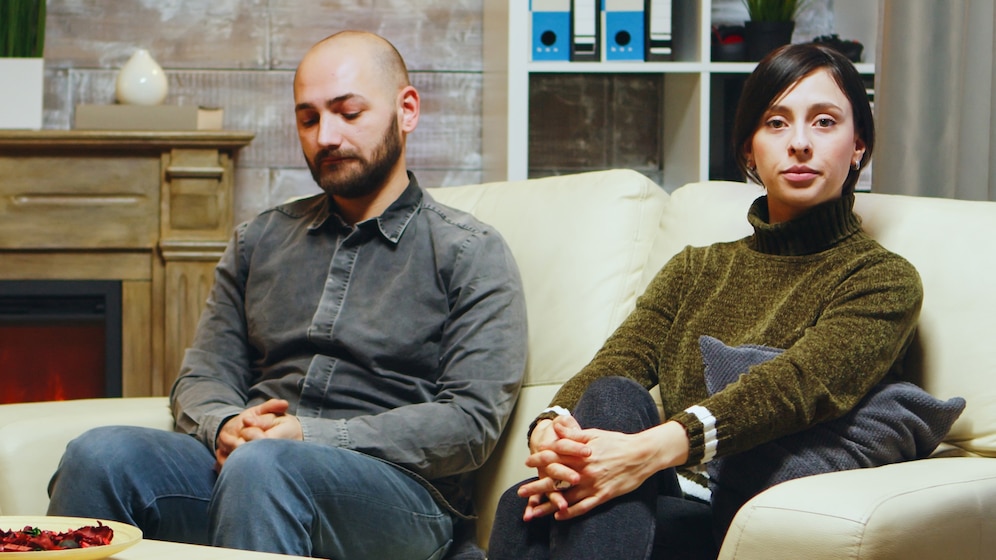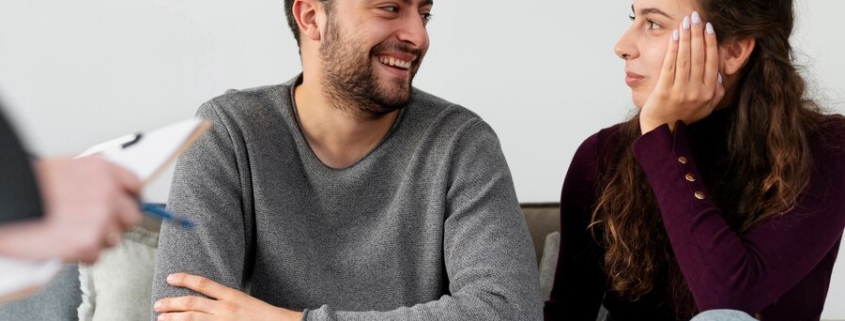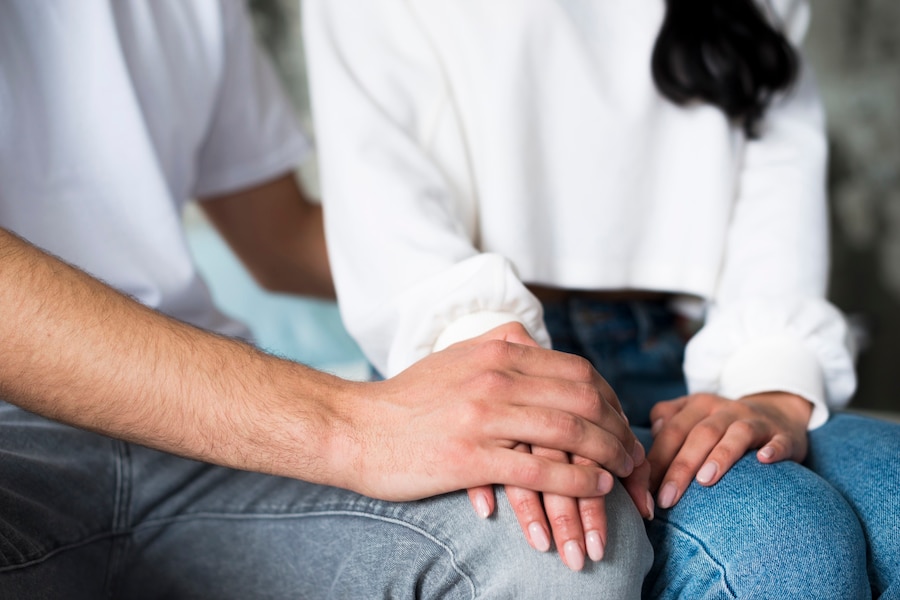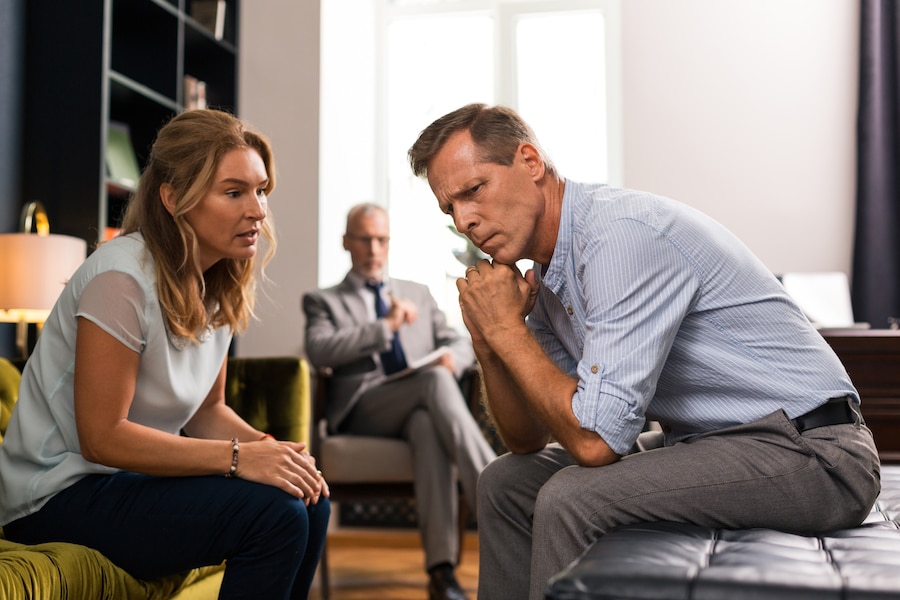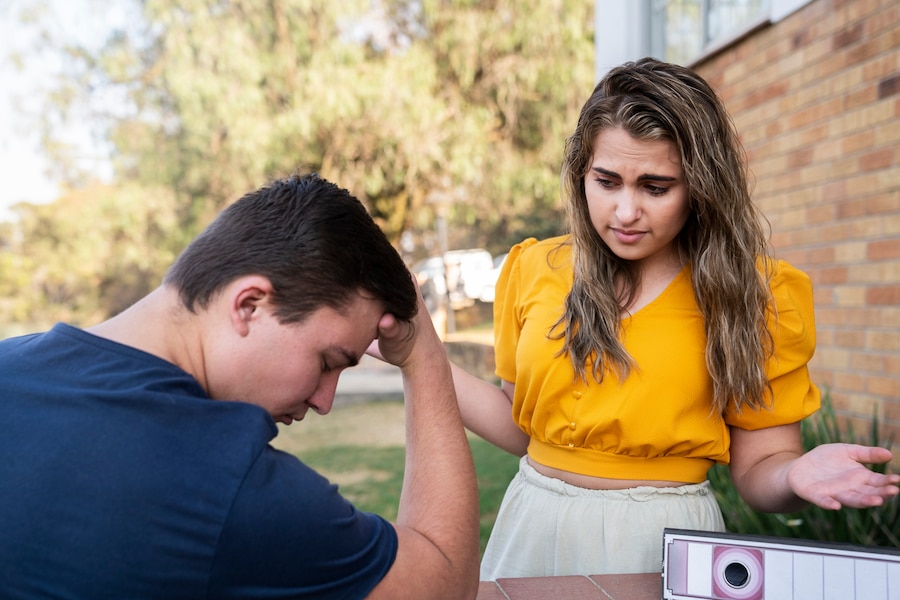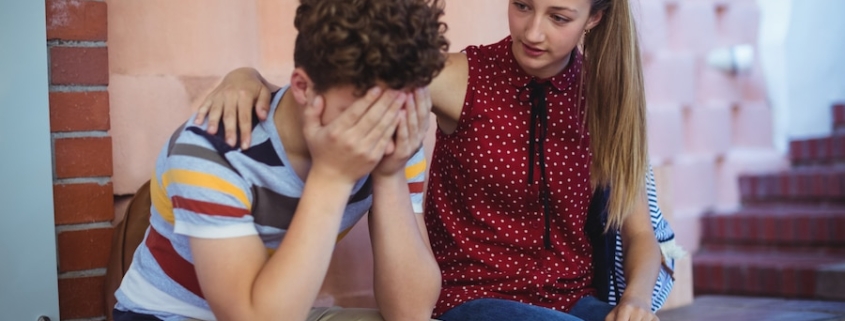Investing in your love is one of the most profound and rewarding decisions you can make as a couple. For those grappling with addiction, couples rehab offers a unique opportunity to not only address individual struggles but also strengthen the foundation of their relationship. In this article, we explore the myriad reasons why couples rehab is worth the investment and how it can pave the way for a healthier, happier partnership built on sobriety and mutual support.
Couples Rehab Services
Unified Journey to Recovery
Couples rehab provides couples with the opportunity to embark on a unified journey to recovery together. By entering treatment as a couple, partners can support and encourage each other every step of the way. This shared experience fosters a sense of unity, solidarity, and teamwork, strengthening the bond between partners as they navigate the challenges of addiction recovery together.
Addressing Relationship Dynamics
Addiction can strain even the strongest of relationships, leading to communication breakdowns, trust issues, and emotional distance. Couples rehab offers a safe and supportive environment for couples to address these relationship dynamics head-on. Through couples therapy sessions, partners can explore underlying issues, learn effective communication skills, and rebuild trust and intimacy, laying the groundwork for a healthier and more fulfilling relationship.
Mutual Accountability and Support
In couples rehab, partners serve as each other’s primary sources of accountability and support. By committing to sobriety together, couples hold each other accountable for their actions and choices, reducing the risk of relapse and encouraging long-term recovery. This mutual support system creates a strong foundation for couples to lean on each other during moments of temptation or weakness, reinforcing their commitment to sobriety and each other.
Strengthening Coping Mechanisms
Addiction often stems from underlying emotional issues such as trauma, stress, or unresolved conflicts. Couples rehab in Orange County provides couples with the tools and resources to address these underlying issues and develop healthier coping mechanisms. Through individual and couples therapy sessions, partners can learn to manage stress, regulate emotions, and communicate effectively, empowering them to navigate life’s challenges without turning to substances.

Rebuilding Trust and Intimacy
One of the most significant benefits of couples rehab is its focus on rebuilding trust and intimacy within the relationship. Addiction can erode trust and intimacy between partners, leading to feelings of resentment, anger, and betrayal. Couples rehab offers a supportive space for partners to work through these emotions, heal past wounds, and rekindle the love and connection that initially brought them together.
Creating a Supportive Community
In addition to the support provided by partners, couples rehab offers access to a supportive community of peers who understand the challenges of addiction recovery. Through group therapy sessions, couples can connect with other couples facing similar struggles, share their experiences, and offer each other encouragement and advice. This sense of community fosters a feeling of belonging and acceptance, reducing feelings of isolation and stigma.
Investing in Your Future Together
Ultimately, couples rehab is an investment in the future of your relationship. By prioritizing sobriety and mutual support, couples can lay the groundwork for a stronger, healthier, and more resilient partnership. Couples who undergo rehab together are better equipped to face life’s challenges as a team, with a renewed sense of commitment, trust, and love that can withstand the tests of time.
Investing in Your Love: Couples Rehab is Worth It
Choosing couples rehab is not just about addressing individual struggles with addiction – it’s about investing in the health and longevity of your relationship. By committing to sobriety together, couples can strengthen their bond, rebuild trust and intimacy, and create a supportive foundation for a brighter future together. If you and your partner are struggling with addiction, consider the transformative power of couples rehab – because investing in your love is always worth it. Contact us today to learn more about how our couples rehab program can help you and your partner overcome addiction and strengthen your relationship.

- Q: Why should couples consider rehab together?
A: Couples rehab offers a unique opportunity for partners to address substance abuse issues simultaneously, fostering mutual support and understanding throughout the recovery process. By participating together, couples can strengthen their bond and increase the likelihood of long-term sobriety.
- Q: What are the benefits of couples rehab compared to individual treatment?
A: Couples rehab allows partners to address both individual and relational aspects of addiction, offering a more comprehensive approach to recovery. By working together, couples can learn healthy communication skills, rebuild trust, and address codependent behaviors.
- Q: How does couples rehab help strengthen relationships?
A: Couples rehab provides a supportive environment for partners to address underlying issues that may have contributed to substance abuse. Through therapy and counseling, couples can improve communication, resolve conflicts, and rebuild intimacy, leading to stronger, healthier relationships.
- Q: What types of therapy are offered in couples rehab?
A: Couples rehab typically includes individual therapy, couples counseling, and group therapy sessions. These modalities allow partners to explore their personal struggles, work on relational issues, and connect with others facing similar challenges.
- Q: Is couples rehab suitable for all couples?
A: Couples rehab is beneficial for couples who are committed to supporting each other’s recovery and willing to address relationship issues. However, it may not be suitable for couples experiencing severe relational distress or safety concerns.
- Q: How does couples rehab address codependency and enabling behaviors?
A: Couples rehab helps partners recognize codependent and enabling patterns, providing tools and strategies to establish healthier boundaries and promote individual autonomy. Through therapy, couples can learn to support each other without enabling harmful behaviors.
- Q: What role does mutual support play in couples rehab?
A: Mutual support is a cornerstone of couples rehab, as partners navigate the challenges of recovery together. Sharing experiences, offering encouragement, and holding each other accountable can strengthen the couple’s bond and promote lasting sobriety.
- Q: Can couples rehab accommodate different levels of substance abuse severity?
A: Yes, couples rehab programs can tailor treatment plans to meet the unique needs of each couple, regardless of the severity of substance abuse. From mild to severe cases, couples rehab offers personalized support and interventions.
- Q: How long does couples rehab typically last?
A: The duration of couples rehab varies depending on the treatment center and the specific needs of the couple. Programs may range from a few weeks to several months, with options for both short-term and long-term treatment.
- Q: What should couples expect after completing rehab?
A: After completing couples rehab, couples can expect ongoing support through aftercare programs, relapse prevention strategies, and continued therapy. It’s essential for couples to maintain open communication, prioritize self-care, and remain committed to their recovery journey together.

